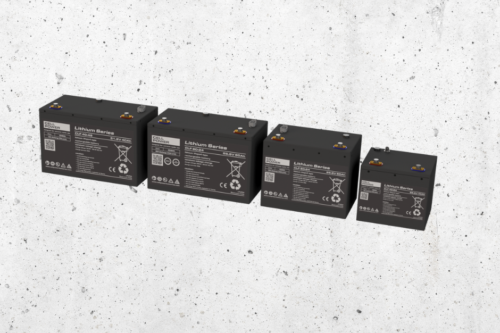Recently, the European Commission has introduced a new battery regulation for the individual sale of batteries, as well as in appliances, equipment, and means of transport. Some of these new rules have been in effect since 17 August 2023. The Extended Producer Responsibility (EPR) and future take-back requirements are expected to roll out from mid-2025. This imposes significant new obligations on manufacturers, importers, and sellers of batteries. Let’s summarise the key points within this regulation for you.
🔋 Five new battery categories
The regulation introduces five new battery categories:
- SLI battery or automotive battery (lead starter battery)
- Electric Vehicle (EV) battery
- Portable battery ≤ 5 kg
- Industrial battery
- Light means of transport battery (2/3 wheels and ≤ 25 kg)
Each category comes with specific requirements and standards in line with the new European Battery Regulation.
🌿 Environmental obligations
One of the crucial new obligations is to provide a carbon footprint statement for the entire battery life cycle. Batteries are categorized into performance classes with a maximum carbon footprint threshold. Additionally, portable batteries must meet minimum electrochemical performance and durability requirements.
🏭 Product standards & sustainability
For batteries used in Energy Storage Systems (ESS), stringent safety requirements have been established. These batteries must come with documentation containing electrochemical performance and robustness parameter values. Moreover, consumers should be able to remove and replace batteries from equipment.
💡 What does this mean for you?
This new regulation has significant implications for manufacturers, importers, and sellers of batteries. You must ensure compliance with the new obligations, including providing information about battery performance and durability, affixing a CE marking, and having a battery passport containing technical information, the percentage of recycled materials, and the CO2 footprint.
🌍 We’re here for you at Intercel!
At Intercel, we have over 35 years of experience in the battery industry and understand the complex regulations. We are here to support you in meeting the new requirements and ensuring that your batteries meet the highest standards.
If you have any questions about how this regulation affects your business, don’t hesitate to reach out to one of our specialists. Together, we can ensure a seamless transition to the future of batteries!



